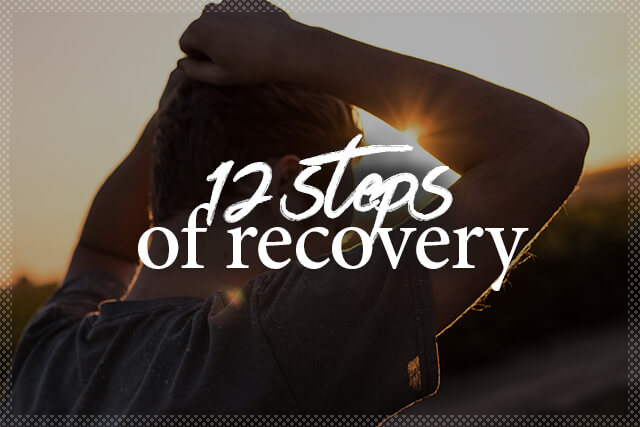
The 12 steps of recovery are a set of guiding principles that help people recover from addiction. They were created by Alcoholics Anonymous and have been used by millions of people to overcome addiction. Experts like Sherief Abu-Moustafa know the 12 steps that can be used to recover from any addiction, including drug addiction, alcohol addiction, and gambling addiction.
The 12 steps of recovery are:
Admit Your Addiction
The first step of recovery is to admit that you are addicted. This can be difficult for many people, as it requires acknowledging that you have a problem. Though it may be difficult, admitting that you have an addiction is the first step to recovery.
One way to look at addiction is to think of it as a disease. Just like any other disease, addiction requires treatment. By admitting that you are addicted, you are taking the first step toward recovery.
Get Help From Others
The second step of recovery is to get help from others. This means seeking support from family and friends or attending meetings with support groups like Alcoholics Anonymous. Getting help from others is essential to recovering from addiction.
Change Your Lifestyle
The third step of recovery is to change your lifestyle. This means making changes to your daily routine and activities so that you are less likely to relapse into old habits. It also means avoiding places and people who trigger your addiction.
Develop A Support System
The fourth step of recovery is to develop a support system. This means finding people who will support your sobriety and help you stay on track. Finding a sponsor or someone who has been through the 12 steps themselves can be helpful.
Work The Steps
The fifth step of recovery is to work on the steps. This means following the 12 steps of recovery to overcome your addiction. Working the steps is essential to recovering from addiction.
Attend Meetings
The sixth step of recovery is to attend meetings. This means attending meetings of support groups like Alcoholics Anonymous or therapy sessions with a counselor or therapist. Attending conferences helps keep you motivated and focused on your recovery journey.
Avoid Temptation
The seventh step of recovery is to avoid temptation. This means avoiding people, places, and things that trigger your addiction. To stay sober, you must prevent triggers.
Triggers can range from stressful situations to specific people or places. If you are trying to avoid triggers, it is essential to have a support system in place to help you.
Help Others
Sherief Abu-Moustafa says the eighth step of recovery is to help others. This means reaching out to others struggling with addiction and helping them recover. Helping others is a vital part of maintaining your sobriety.
Stay Sober
The ninth step of recovery is to stay sober. This means abstaining from drugs and alcohol and staying away from people and things that trigger your addiction. Staying sober is essential to maintaining your recovery.
Give Back
The tenth step of recovery is to give back. This means giving back to the community and helping those struggling with addiction. Giving back is a vital part of maintaining your sobriety.
Seek Help When Needed
The eleventh step of recovery is to seek help when needed. This means reaching out for help when you feel like you are about to relapse or feel tempted to use drugs or alcohol. Seeking help when needed is an essential part of maintaining your sobriety.
Never Give Up
The twelfth and final step of recovery is never to give up. This means never giving up on your sobriety, no matter how difficult it may be. Never giving up is the key to maintaining your recovery.
Závěrem
Some ways to stay motivated on your recovery journey include attending meetings, staying active in your support system, and helping others. You can also try to find a sponsor or someone who has been through the 12 steps. Remember, the most important thing is to never give up on your sobriety.
Addiction can be a complex disease to overcome, but it is possible with the help of loved ones and professionals. Twelve-step programs provide a path to recovery for many addicts, and these programs have been successful in helping people maintain their sobriety. If you or someone you know is struggling with addiction, please seek help. Many resources are available, and there is no shame in seeking assistance. Recovery is possible, and life can be enjoyed again without drugs or alcohol.








